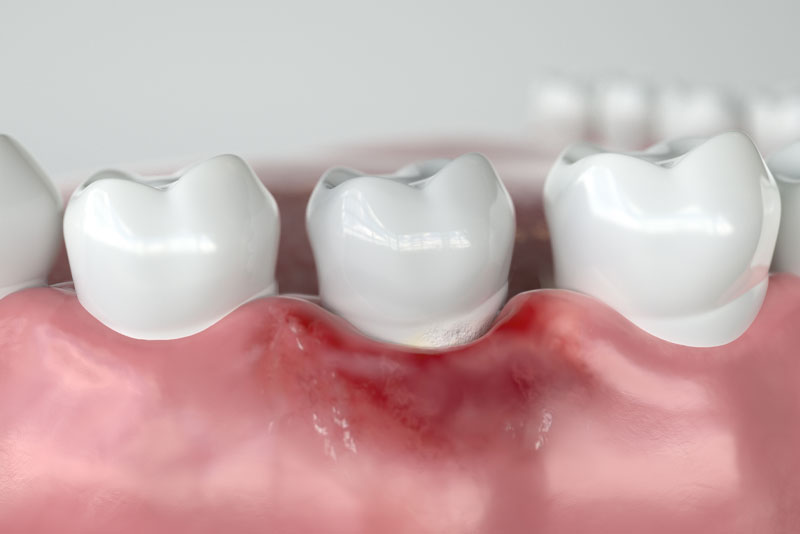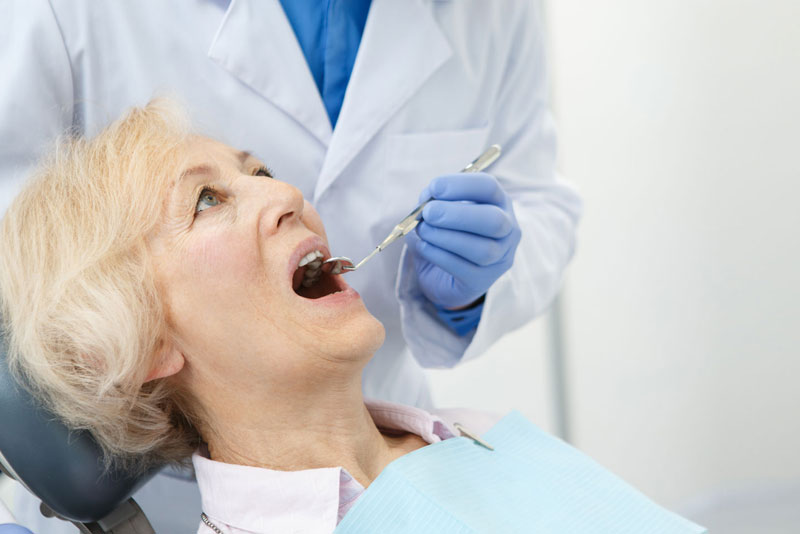
A gingivectomy is usually performed when a patient has severe periodontal disease that cannot be cured with scaling and root planing or other periodontal procedures. Gingivectomies are performed to remove and reshape loose, diseased gum tissue and to reduce the depth of pockets between the teeth and gums.


Before the procedure begins, the area will be completely numbed using a local anesthetic. Small incisions are then made and excess gum tissue is carefully removed. After all areas of diseased tissue are removed, a putty-like substance is then placed over the gums. This substance is designed to protect your gums as they heal.


Dr. Brent O. Nichols, a general dentist in Huntington Beach, CA, works hard to ensure each of his patients receives exceptional patient care in a relaxing and friendly environment. Our staff is highly trained to provide you with the care you need and deserve. Dr. Nichols is proud to offer advanced dental procedures including the LANAP Laser Treatment, Dental Implants, Invisalign, Porcelain Veneers, and Implant Supported Dentures.
Request a consultation today!
I understand the information disclosed in this form may be subject to re-disclosure and may no longer be protected by HIPAA privacy regulations and the HITECH Act.

Monday: 9:00am – 6:00pm
Tuesday: 8:00am – 5:00pm
Wednesday: 9:00am – 6:00pm
Thursday: 8:00am – 5:00pm
Friday: 8:00am – 2:00pm
